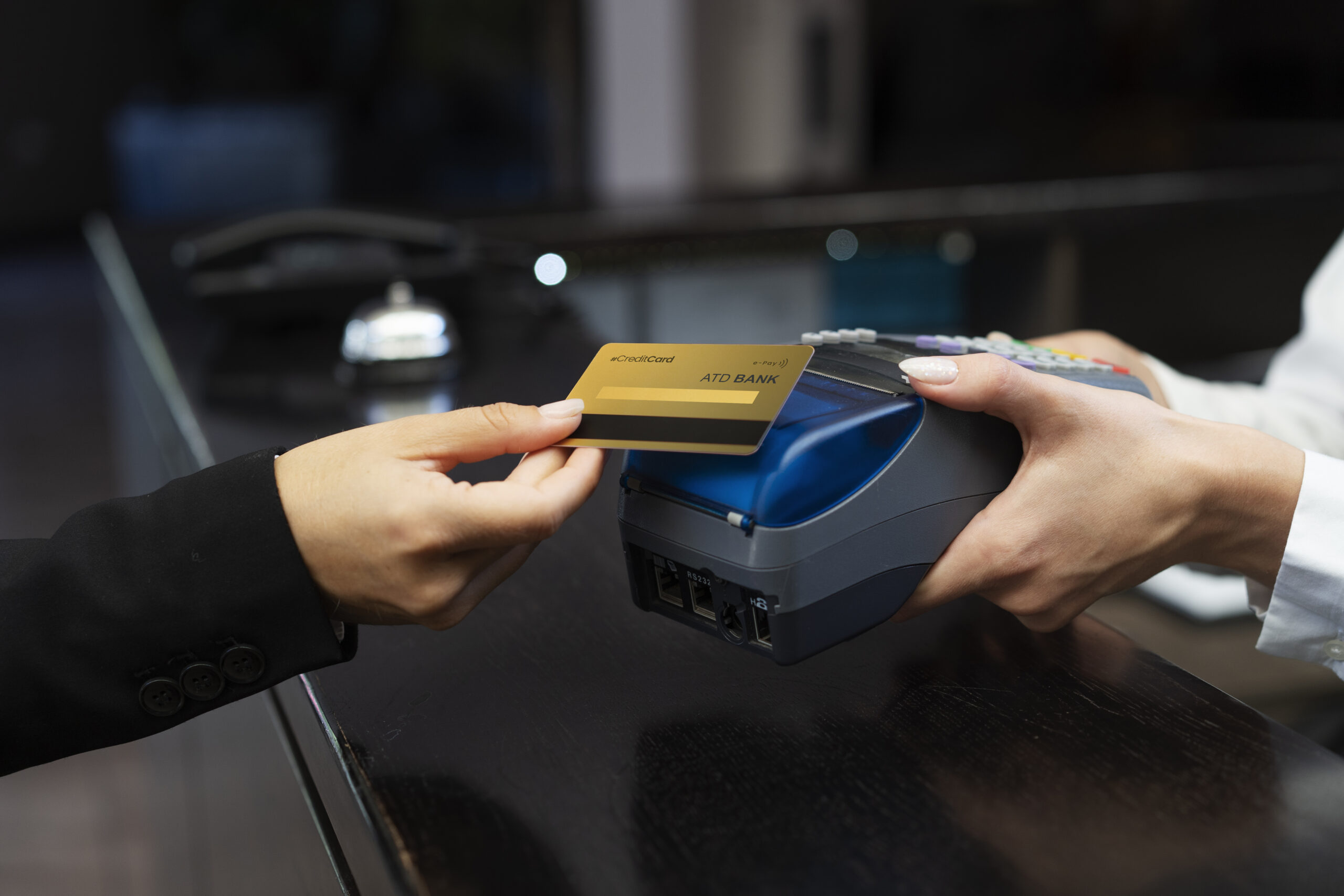From academic research to crime prevention technologies
Collect Develop Map Assess Detect
From academic research
to crime prevention technologies
Discover More
WHAT WE OFFER
We develop analyses, solutions and tools for public authorities and private firms
to assess, prevent and reduce security and crime risks
Anti-Money Laundering
We support banks, other obliged entities and public authorities to improve the early-detection of ML threats and the assessment of ML risks through a wide array of services, which include: implementation of risk models and indicators, sensitivity analysis of AML classification models, provision of solutions for tracing beneficial ownership and training on-the-job on emerging AML threats and trends.


Due Diligence and Integrity Screening
We help corporates and public bodies to assess the risk of potential suppliers, vendors and other third-parties. We have developed an innovative approach, beyond list-screening, looking at anomalies and red-flags of organised crime, financial crime, fraud. We provide dashboards and solutions for monitoring large sets of entities in on-boarding and procurement screening activity.
Retail Security and Loss Prevention
We help retailers optimize operations and counter security threats. Our services include targeted analysis of proprietary data, advanced fraud detection models, training on-the-job for security awareness, and large-scale assessment of retail crime trends. We use cutting-edge and rigorous approaches to provide accurate insights and actionable advices.


Our Technologies
We provide our services through an array of secure tailor-made channels which include APIs and web-services, web-based dashboards, SaaS solutions and data-feed. We are certified ISO/IEC 270001:2013 and we have partnership agreements with leading global data and technology providers.